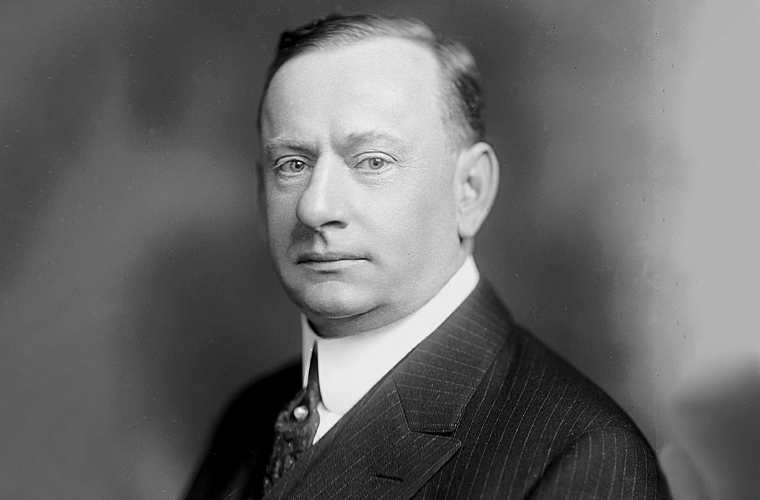The Dyer Anti-Lynching Bill refers to a piece of legislation proposed in the United States during the early 20th century. It was named after its primary sponsor, Representative Leonidas C. Dyer, a Republican from Missouri. The bill was introduced in response to the widespread and horrific practice of lynching, which predominantly targeted African Americans in the southern states.
The Dyer Anti-Lynching Bill aimed to make lynching a federal crime and to provide legal consequences for those involved in the act. It called for severe penalties, including fines and imprisonment, for anyone found guilty of participating in or aiding and abetting a lynching. Additionally, the bill sought to hold local officials accountable if they failed to protect individuals from mob violence or failed to prosecute those responsible for the lynching.




















The bill was first introduced in 1918 and was reintroduced several times over the following years. It gained significant public attention and support from civil rights activists, African American organizations, and some progressive politicians. However, it faced strong opposition from southern lawmakers who argued that it violated states’ rights and interfered with their jurisdiction over criminal matters.
Despite several attempts to pass the bill, it encountered substantial resistance and failed to gain sufficient support in Congress. Southern senators used filibusters and other tactics to block its passage. Over the years, the bill was modified and reintroduced with different provisions, but it ultimately did not become law.
The struggle for a federal anti-lynching law continued for decades. It wasn’t until 2020 that Congress finally passed the Emmett Till Anti-lynching Act, named in honor of a young African American boy who was brutally lynched in 1955. The act made lynching a federal hate crime, but it came more than a century after the first introduction of the Dyer Anti-Lynching Bill.
In summary, the Dyer Anti-Lynching Bill was an early attempt to make lynching a federal crime and hold individuals accountable for their involvement in the act. Although it did not become law, it played a significant role in highlighting the issue of lynching and paved the way for subsequent efforts to address this form of racial violence.

